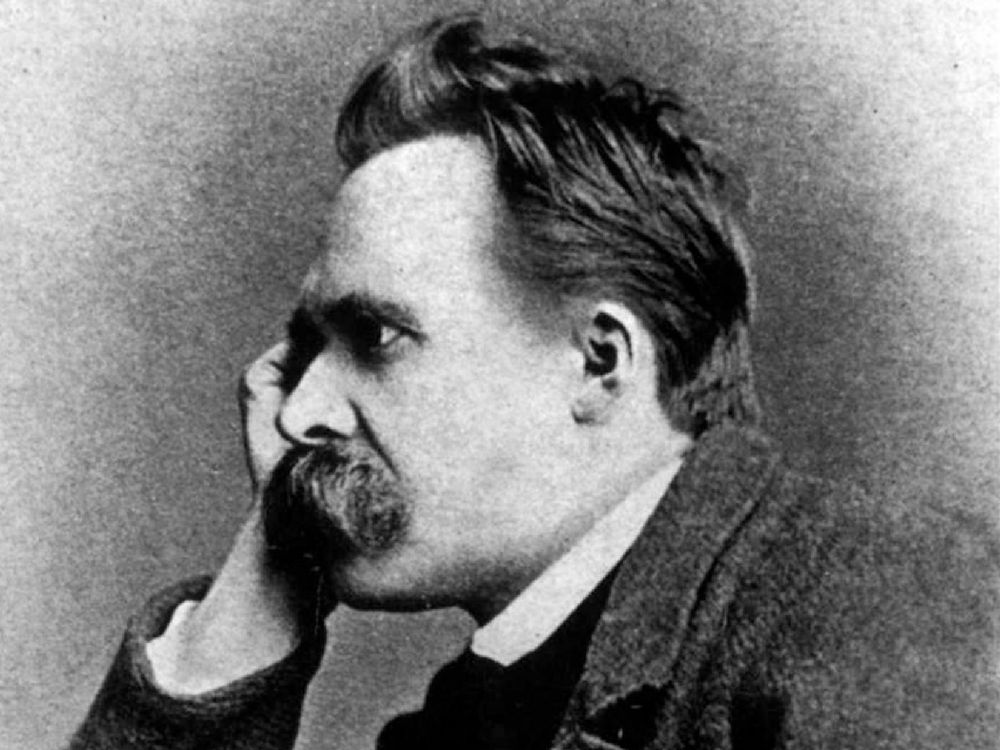Aus der Kriegsschule des Lebens: Difference between revisions
Jump to navigation
Jump to search
Amwelladmin (talk | contribs) No edit summary |
Amwelladmin (talk | contribs) No edit summary |
||
| (One intermediate revision by the same user not shown) | |||
| Line 1: | Line 1: | ||
{{a|maxim| | {{a|maxim| | ||
{{image|Friedrich Nietzsche|jpg|}} | {{image|Friedrich Nietzsche|jpg|}} | ||
}}{{quote|''[[Aus der Kriegsschule des Lebens]]: Was mich nicht umbringt, macht mich stärker.'' | }}{{quote|''[[Aus der Kriegsschule des Lebens]]: Was mich nicht umbringt, macht mich stärker.'' <br> | ||
“From the military school of life: that which does not kill me, makes me stronger.” | |||
:—{{author|Friedrich Nietzsche}}, {{br|Götzen-Dämmerung}}}} | :—{{author|Friedrich Nietzsche}}, {{br|Götzen-Dämmerung}}}} | ||
| Line 10: | Line 11: | ||
{{sa}} | {{sa}} | ||
*[[Friedrich Nietzsche]] | |||
*[[Morgenröte]] | |||
*{{br|Antifragile: Things that Gain from Disorder}} | *{{br|Antifragile: Things that Gain from Disorder}} | ||
{{ref}} | {{ref}} | ||
Latest revision as of 14:45, 30 May 2024
|
|
Aus der Kriegsschule des Lebens: Was mich nicht umbringt, macht mich stärker.
“From the military school of life: that which does not kill me, makes me stronger.”
Yes, yes, knock yourselves without witty rejoinders about metal fatigue and polio, but Nietzsche’s aphorism articulates the fundamentally anti-fragile nature of the human being — and where it doesn’t apply neatly to individuals, it tends to apply to the species.[1]
And consider the converse, neurotic coronavirus obsessives:
- “Avoiding things that might hurt, but won’t kill me, makes me weaker.”
See also
References
- ↑ Per Nassim Nicholas Taleb: the gene pool is fragile, even where organisms are not.
